area members
- Jeimmy Rocio Restrepo
- Andrés Camilo Santos
- Angie Lorena Peralta
- Diego Contreras Sánchez
- Jenny Faisuri Prieto
area description
- bty
- sdr
- dav
The main purpose of the Philosophy department is to form students with a critical attitude and political awareness, the last one understood as the conscious exercise of citizenship, in which our students can: participate, dialogue and propose publicly. In this way the students manage to understand their world of life and act on it in a constructive and meaningful way. Within the critical exercise, three cognitive operations stand out: the identification of problems, creativity and argumentation. The department in aimed to lead students to recognize, order and classify real problems (immediate and long-term), in order to analyze them. In addition, they must be able to justify the importance of them, and look for ways to solve them, which implies an exercise in argumentative thinking.
In the early stages of development, philosophy supports guided processes based on philosophy for children. In this sense, a cooperative and close exercise is carried out with the children where they can explore their senses, be involved in their realities and allow the children to understand the importance of justifying the vitality of their environment and the thinking process that in built in their learning.
These ideas must be presented in each one of the levels, although clearly the degree of complexity should increase as the development process of the students continue. The level of demand, must be the same at all levels, using only different approaches. From kinder garden to fourth grade the approach, must be in participation and listening; in which the students are concentrated in the dialogue that is done with their classmates. From the fifth grade on, the requirement also includes reflecting before speaking (“think well what you are going to say”), the relevance of what you are going to say. The goal here is that the class does not become an exercise of opinion but can be established as an exercise about the structuration of ideas. Likewise, the critical approach is framed in the Lasallian values, since these are not only the standard of the institution, but they point to the formation of good men and women who care about God, their world and themselves.
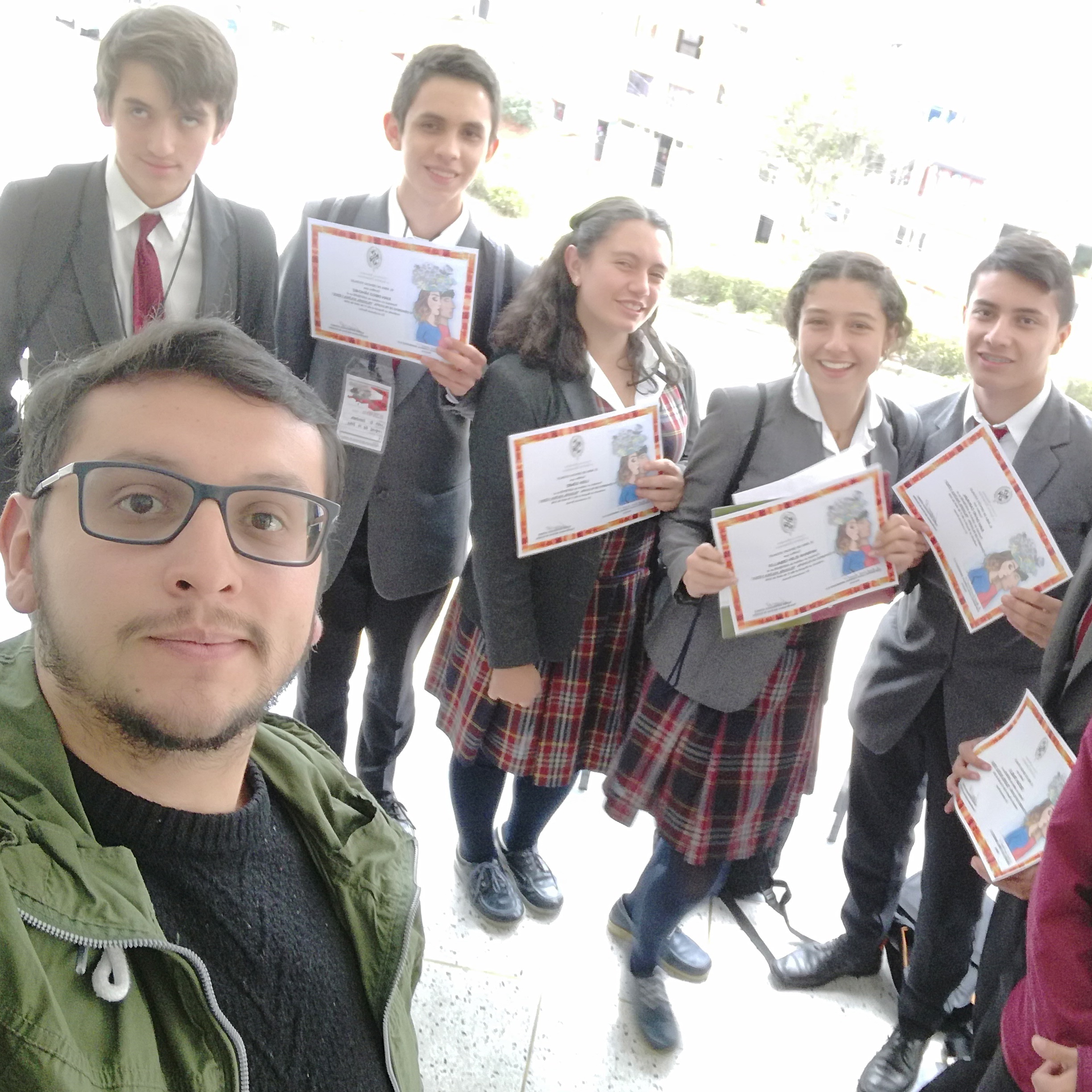
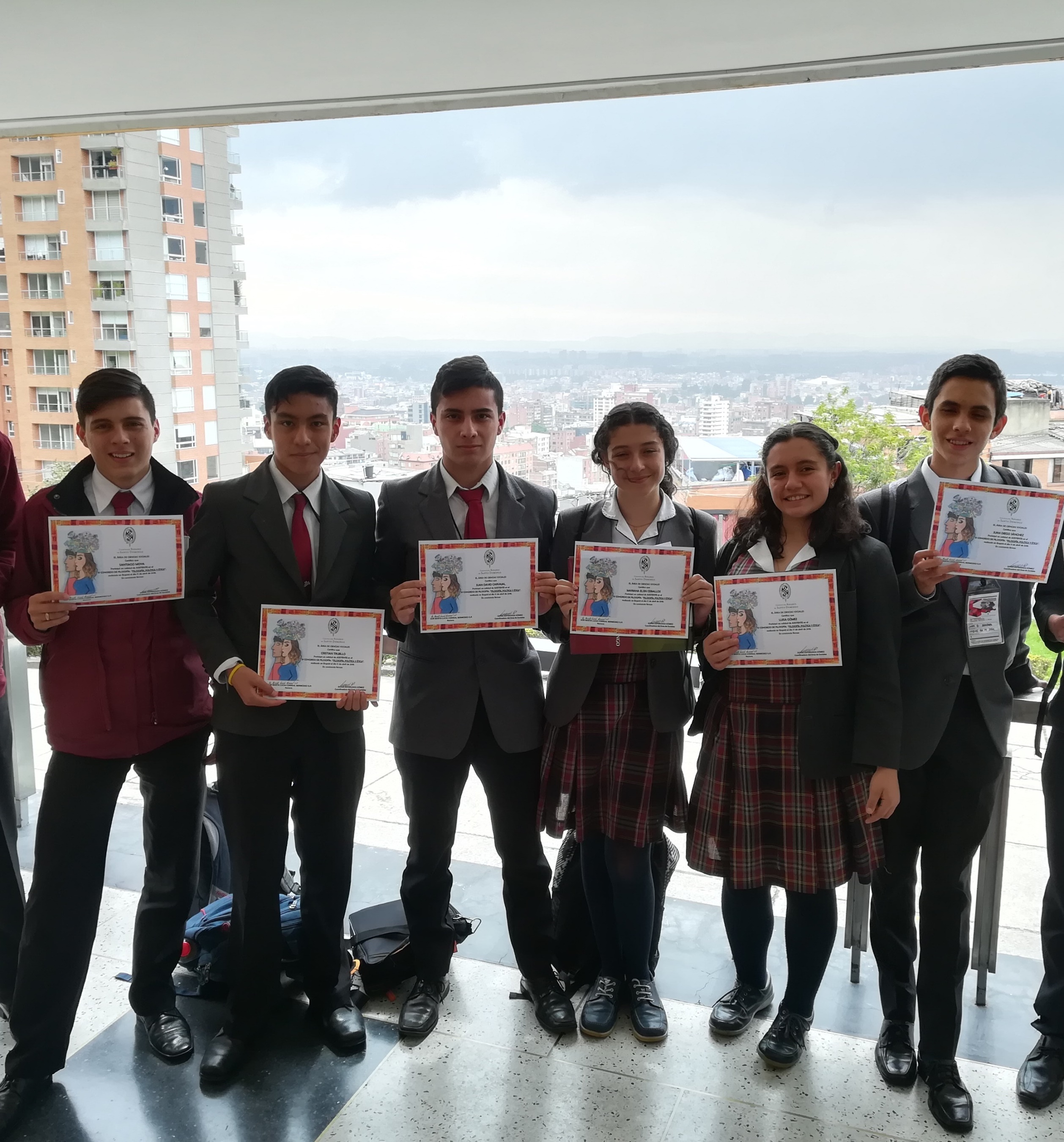
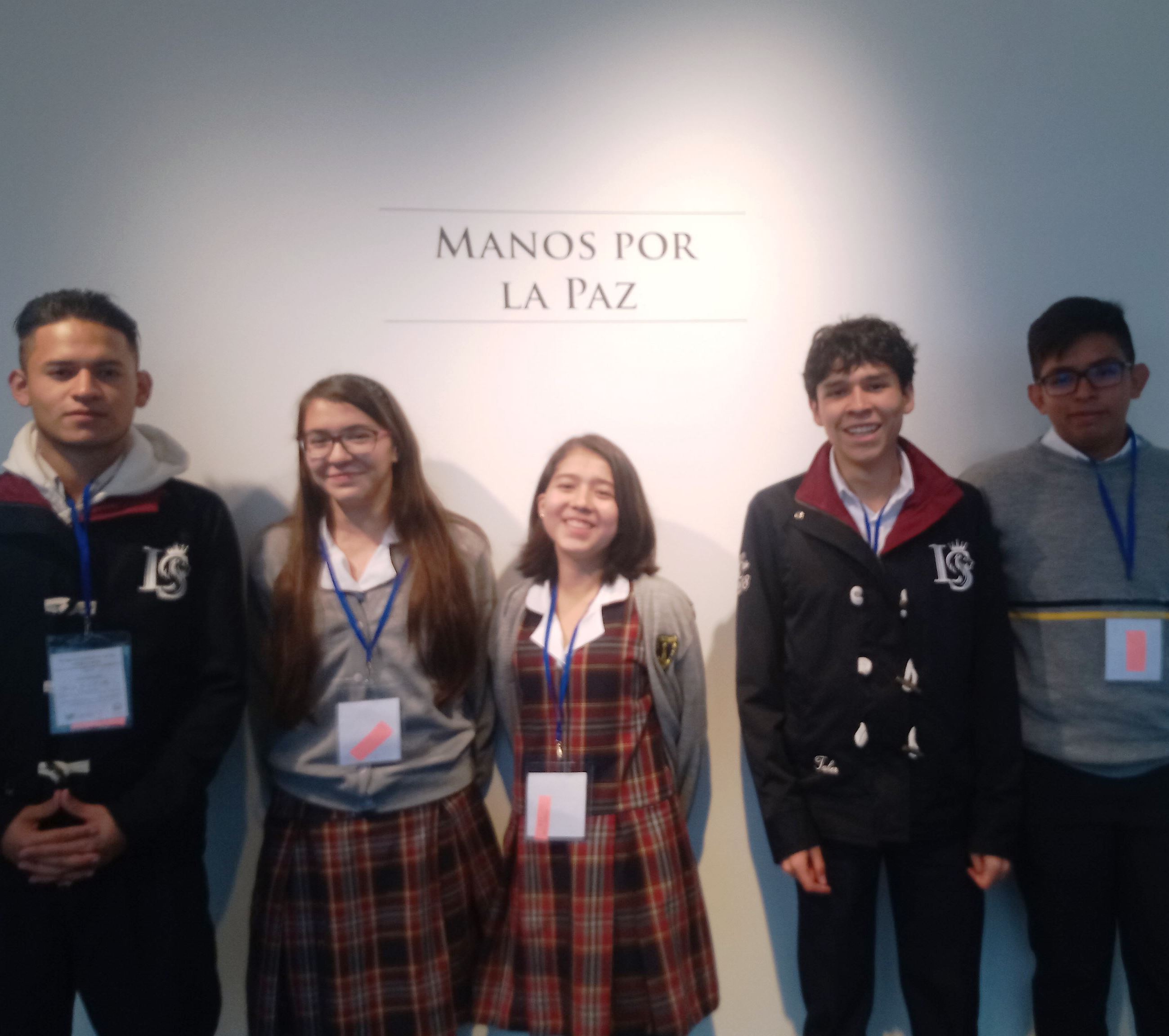
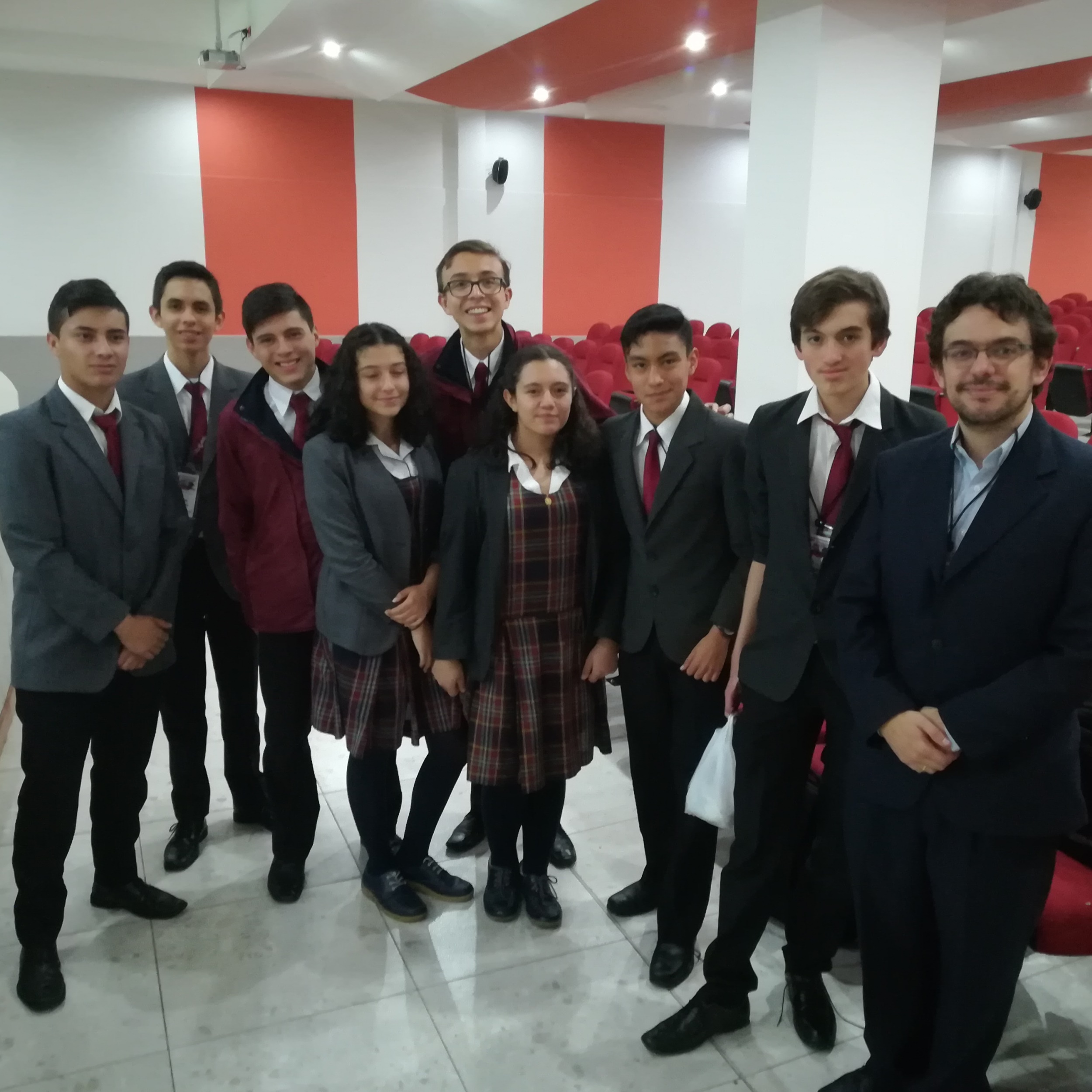
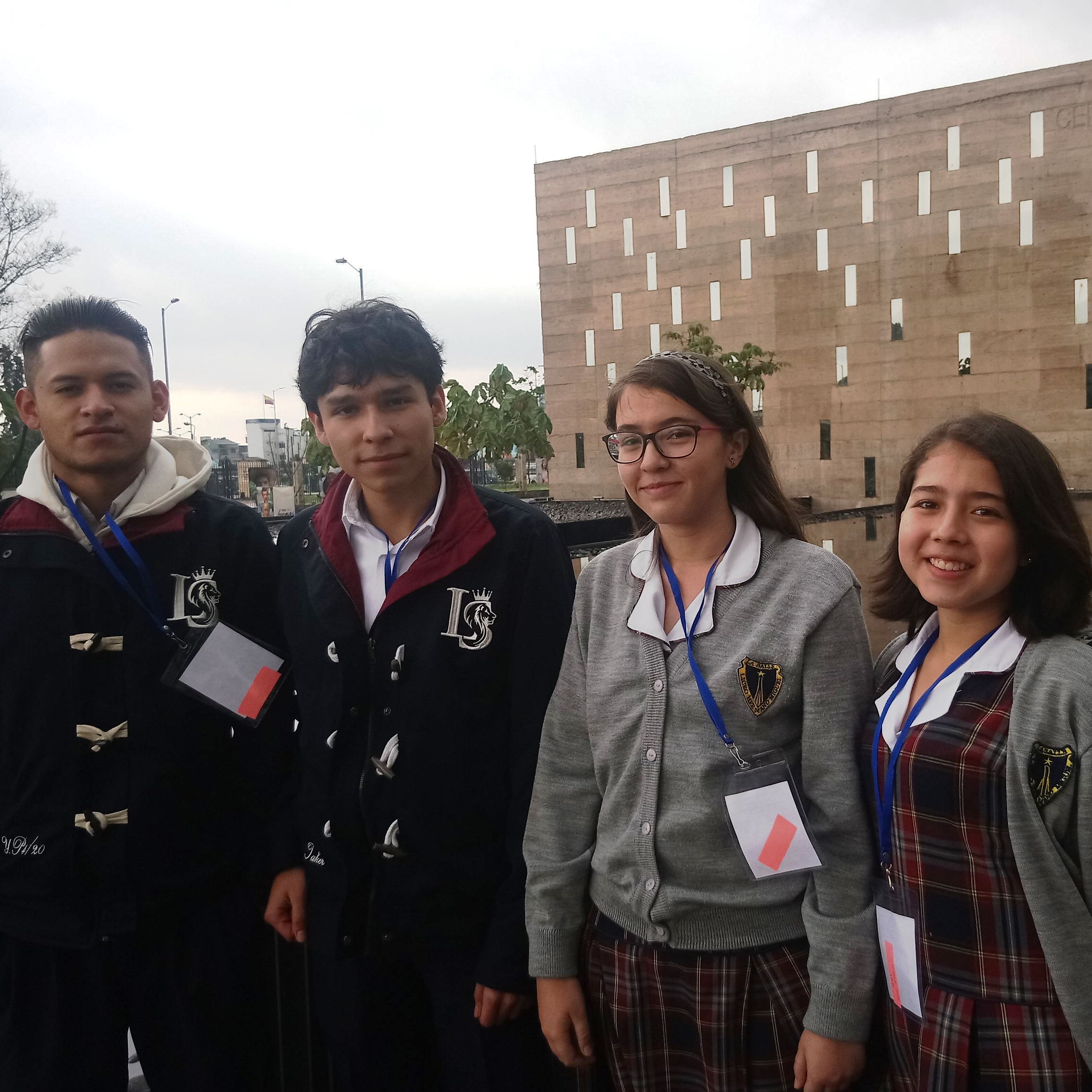
 Gnosoft
Gnosoft Pagos en línea
Pagos en línea RESTAURANTE
RESTAURANTE Contacto
Contacto